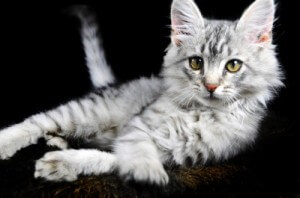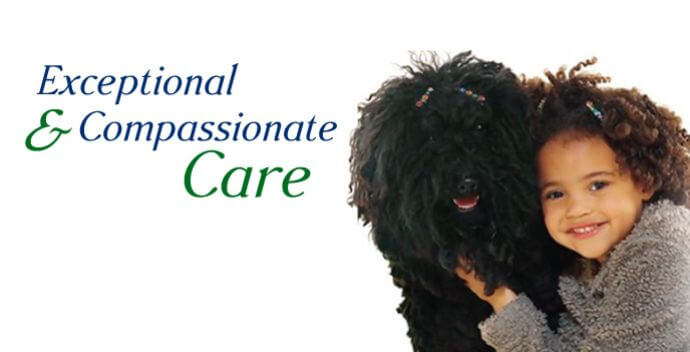Common Feline Health Problems
 Cats are independent animals that make great pets for those who have busy day schedules. But there are a few health problems that if you don’t spot them, they can wreak havoc on your cat’s health.
Cats are independent animals that make great pets for those who have busy day schedules. But there are a few health problems that if you don’t spot them, they can wreak havoc on your cat’s health.
Some of the most common problems which are easily treated include: fleas, nutrition and tape worms. In order to control these issues you need to be proactive, by using methods to control fleas (use flea collars, bath your cat and rid your house of fleas), ensure you’re feeding the best food to your feline and these should take care of the tapeworms, or prevent your cat from getting them. If you have an outdoor cat, doing these will prevent tapeworms in the house, but you don’t control what your cat eats and drinks outside, so you’ll have to be vigilant and watch your cats litter box for spaghetti shaped strings. Tape worms can cause your cat to vomit as well, so if your cat is throwing up, check for tape worms in the consistency of the vomit as well.
Vomiting is another common health issue among cats, simply because they are self cleaning animals. This self cleaning results in hairballs, but if your cat is vomiting more than just hair you should be concerned. Especially if the kitty becomes dehydrated, lethargic, or changes their behavior or meow. In these cases the vomiting may be signs of an infection, urinary tract disease, ingestion of poison or an inedible object, or possibly even diabetes. A quick visit to your vet can get your kitty the help he or she needs.
Gingivitis is commonly associated with health problems.Cats whose teeth aren’t cleaned regularly are at risk of developing gingivitis and complications from untreated plaque growth.The bacteria that grow from the build up of tartar can spread to other organs through the bloodstream and cause kidney damage. So you should have you cats teeth cleaned if you’re unable to do it yourself, and be sure to give you cat toys that promote healthy teeth and gums.
Upper respiratory problems are caused by feline calicivirus and feline herpes virus. Cats are more susceptible to these illnesses when they are in a multi-cat home, kept in close quarters with other cats, and share litter box and food with other cats. Symptoms include: runny nose, congestion, nasal discharge, fever, loss of appetite and rapid breathing. Regular vet check ups and keeping your cat indoors can eliminate some of the root causes of URI’s. Make sure your cats vaccines are up to date, and get your cat vaccinated when their vaccinations run out.
Urinary tract infections are just like the kind humans get, they’re painful, cause urinary crystals, blood in the urine, block urine flow, and increase the size of the bladder wall. Cats with this health issue will strain when relieving themselves and may even meow in pain. Your vet will need urine samples to be sure that your cat is suffering from a UTI, but once given the medication, your cat will be pain free in 10 days. You can prevent A UTI by keeping your cat in a stress-free environment and ensure their nutritional needs are being met.
Kidney failure is another common health problem for cats. This is caused by the aging process. Because this happens gradually, you may not know your cat is sick until they are truly sick and suffering from chronic renal failure. Extreme thirst and frequent urination are among the signs of CRF, along with drooling, dehydration, weight loss and bad breath. Although a cat can’t be cured of CRF, they can be kept comfortable with dietary changes and medication from a vet. If a CRF goes untreated it can lead to acute renal failure, which is deadly when left untreated.
These are the most common types of illnesses, but your feline could be exposed to a range of diseases when roaming outdoors. If your cat suddenly changes their eating or sleeping habits, loses or gains weight rapidly, changes their meow or behavior you should take your cat to the vet immediately. When caught early most illnesses are treatable with minimal health risks to your cat. So don’t wait to see if it gets better, if you’re worried about your cat, listen to your gut feelings and go see a vet, at least to put your mind at ease.










 Website Created by TCP Global Solutions
Website Created by TCP Global Solutions